By Swill Mavua
Nigerian politics has long been characterized by a cutthroat environment where the pursuit of power and wealth often takes precedence over the welfare of the citizens. The country’s political landscape is dominated by individuals and groups who are more interested in exploiting the system for personal gain than in serving the public interest. This article attempts to explore the dynamics of Nigerian politics, the role of power scavengers, and the impact on the country’s development.
Nigerian politics is a complex and multifaceted phenomenon that is shaped by a combination of historical, cultural, and economic factors. The country’s political system is characterized by a strong presidential system, with a powerful executive branch that wields significant influence over the legislative and judicial branches. This concentration of power has created an environment where politicians are willing to do whatever it takes to capture and maintain power.
Power scavengers are individuals who are driven by a desire for power and wealth, often at the expense of the public good. In Nigerian politics, these individuals are often characterized by their willingness to do whatever it takes to achieve their goals, including engaging in corrupt practices, manipulating the electoral and judicial systems, and exploiting ethnic and religious divisions. Power scavengers can be found in all levels of government, from local councils to the national assembly, and they often have significant influence over policy-making and resource allocation.
The presence of power scavengers in Nigerian politics has had a profoundly negative impact on the country’s socio-political development. These individuals have contributed to the perpetuation of corruption, the manipulation of the electoral system, and the exploitation of public resources for personal gain. The result is a governance system that is characterized by inefficiency, waste, and a lack of accountability.
The consequences of having power scavengers in our political turf have been far-reaching and have a significant impact on the lives of ordinary citizens. The country’s infrastructure is in disrepair, public services are inadequate, and the economy is struggling to grow. The security of life and property is in the abyss. The majority of Nigerians live in poverty, and the country’s human development indices are among the worst in the world.
To address the challenges posed by power scavengers in Nigerian politics, there is a need for a fundamental transformation of the country’s political system. This can be achieved through a combination of institutional reforms, electoral reforms, and a renewed commitment to transparency and accountability. The government must also prioritize the welfare of citizens and ensure that public resources are used for the public good, rather than for personal enrichment.
Nigerian politics is a complex and challenging environment, and the presence of power scavengers has had a profoundly negative impact on the country’s development. To move forward, there is a need for a new generation of leaders who are committed to serving the public interest and promoting the welfare of citizens. This will require a fundamental transformation of the country’s political system and a renewed commitment to transparency, accountability, and good governance.
It’s, therefore, not out of place – for yours sincerely – to make some recommendations, most of which, of course, are already in the public domain.
- Institutional Reforms: Strengthen institutions such as the judiciary, legislature, and anti-corruption agencies to ensure they can effectively check the power of the executive and hold power scavengers accountable.
- Electoral Reforms: Reform the electoral system to ensure free, fair, and credible elections, and reduce the influence of money and muscle power in politics.
- Transparency and Accountability: Promote transparency and accountability in government by ensuring that public resources are used for the public good, and that citizens have access to information about government activities.
- Civic Engagement: Encourage civic engagement and participation in the political process to ensure that citizens have a greater say in how they are governed and can hold power scavengers accountable.
- Leadership: Promote a new generation of leaders who are committed to serving the public interest and promoting the welfare of citizens, rather than personal enrichment.
By implementing these recommendations, we can, as a nation, begin to address the challenges posed by power scavengers and create a more just, equitable, and prosperous society for all the citizens, irrespective of tribe, religion or creed.


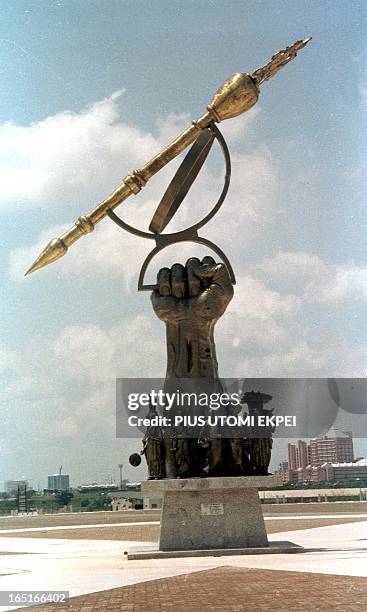
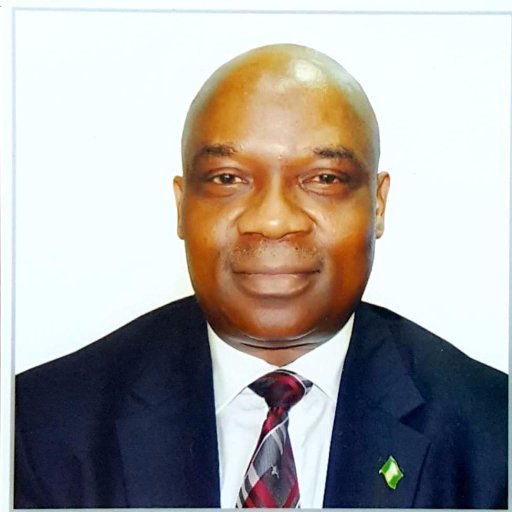




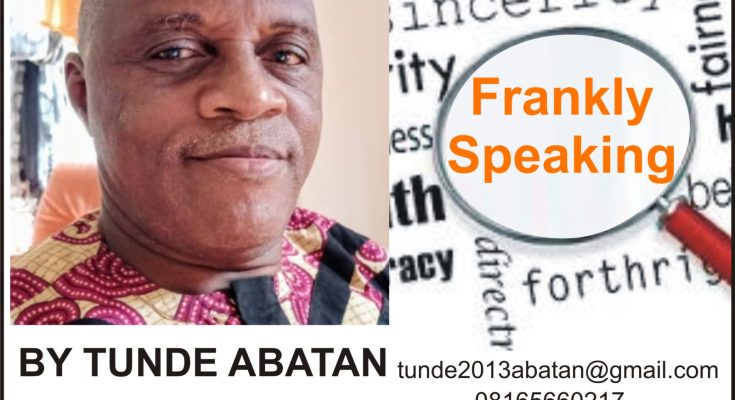
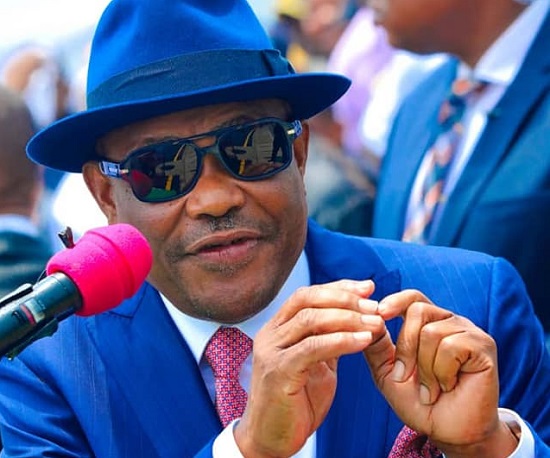

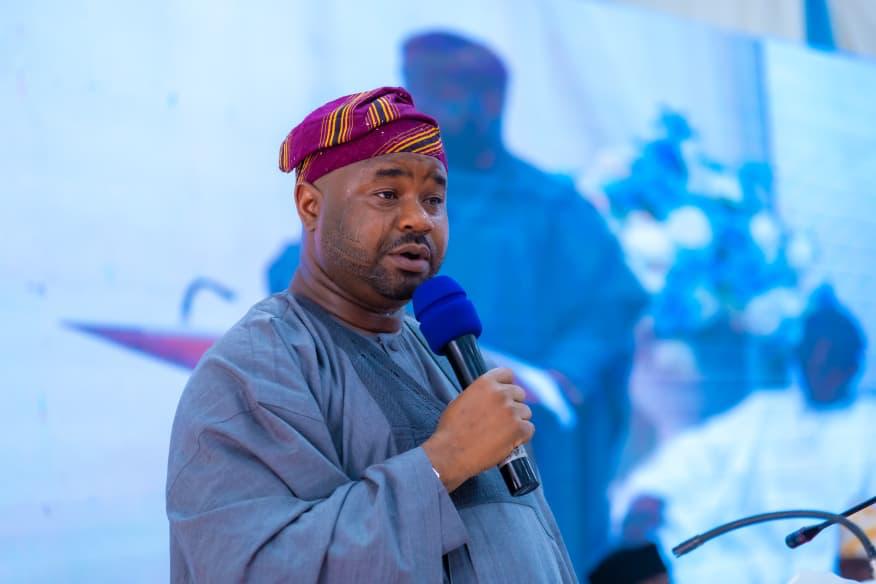
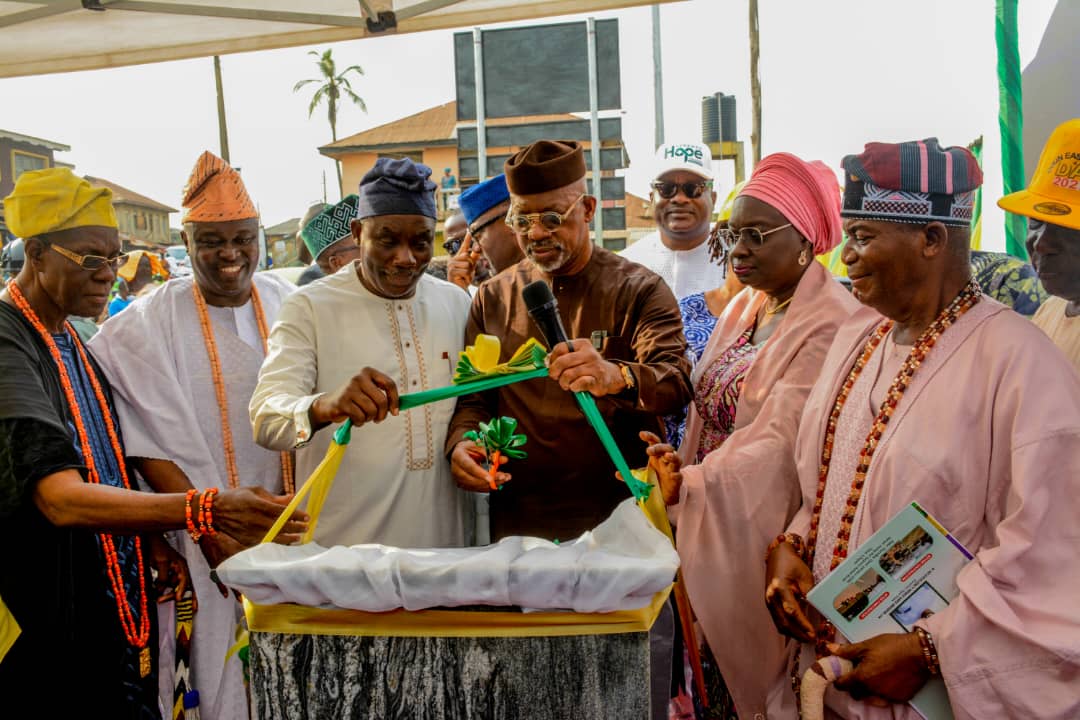



Leave a Reply